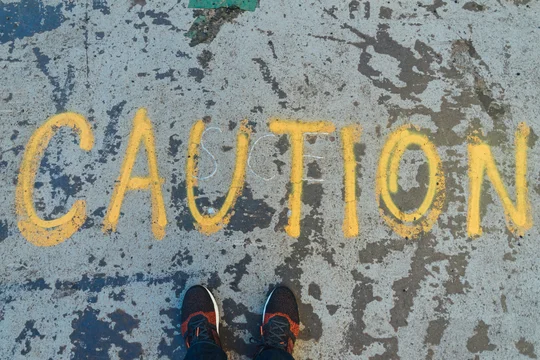
Bifurcation into liability and damages phases used to be common, with former Judge Robinson often splitting liability and damages, at one point saying that “bifurcation is appropriate, if not necessary, in all but exceptional patent cases.” Dutch Branch of Streamserve Dev. AB v. Exstream Software, LLC, C.A. No. 08-343-SLR, 2009 U.S. Dist. LEXIS 76006, at *2 (D. Del. Aug. 26, 2009).
These days, bifurcation still happens here, but it is a bit less common than it was back then.
Earlier this month, though, Chief Judge Connolly raised bifurcation in a way I hadn't heard of, suggesting that the parties split infringement from invalidity and other issues, with jury deliberations in between:
At the February 10 hearing, the Court raised the idea of bifurcation, citing judicial efficiencies and fairness. . . . One suggestion by the Court was to have a two-phased trial, with a Phase I trial on infringement alone. The Phase II trial, if needed, would be on the issues of invalidity, willfulness and damages. [T]he Court made clear [willfulness] would not be presented in the first phase [with infringement].
Magnolia Medical Technologies, Inc. v. Kurin, Inc., C.A. No. 19-97-CFC-CJB, D.I. 401 at 2-3 (D. Del. Feb. 18, 2022). It's unclear what prompted the Court to raise the issue (the transcript is unavailable), but I get the sense from the parties' letter that the Court's objective may have been to try separate willfulness from infringement.
Infringement by Itself
The parties agreed to bifurcation, but disagreed about how to structure it. Plaintiff sought to try infringement and invalidity together, then willfulness and damages. It argued that is how the Court most often divides cases, that it is fairer, and that trying infringement and invalidity separately would require holding experts over across the phases.
Defendant disagreed, asking the Court to try infringement on its own, then invalidity, damages, and willfulness together, as the Court had apparently suggested. It argued that doing so reduces the time needed for the first trial. Defendant then, smartly, offered forego its invalidity counterclaims if it prevailed on non-infringement.
Defendant also argued that at least one other case in this district has tried invalidity and infringement separately, although it had to dig deep to find one—apparently, back in 2003, Judge Farnan trifurcated a case into separate phases infringement, validity, and tort counterclaims.
On Thursday, the Court sided with the defendant, and ordered an initial trial on infringement only:
ORAL ORDER: The Court . . . has concluded that bifurcation will be more fair and efficient than a single-phased trial. This conclusion is premised on Kurin's agreement to dismiss without prejudice its invalidity counterclaims if it prevails on infringement. Now therefore, it is HEREBY ORDERED that the trial will have two phases. The Court will try direct infringement in Phase I and, if necessary, invalidity, willfulness, and damages in Phase II.
It will be interesting to see if this is a one-off event, or a sign of things to come in Chief Judge Connolly patent cases with willfulness allegations.
If you enjoyed this post, consider subscribing to receive free e-mail updates about new posts.





